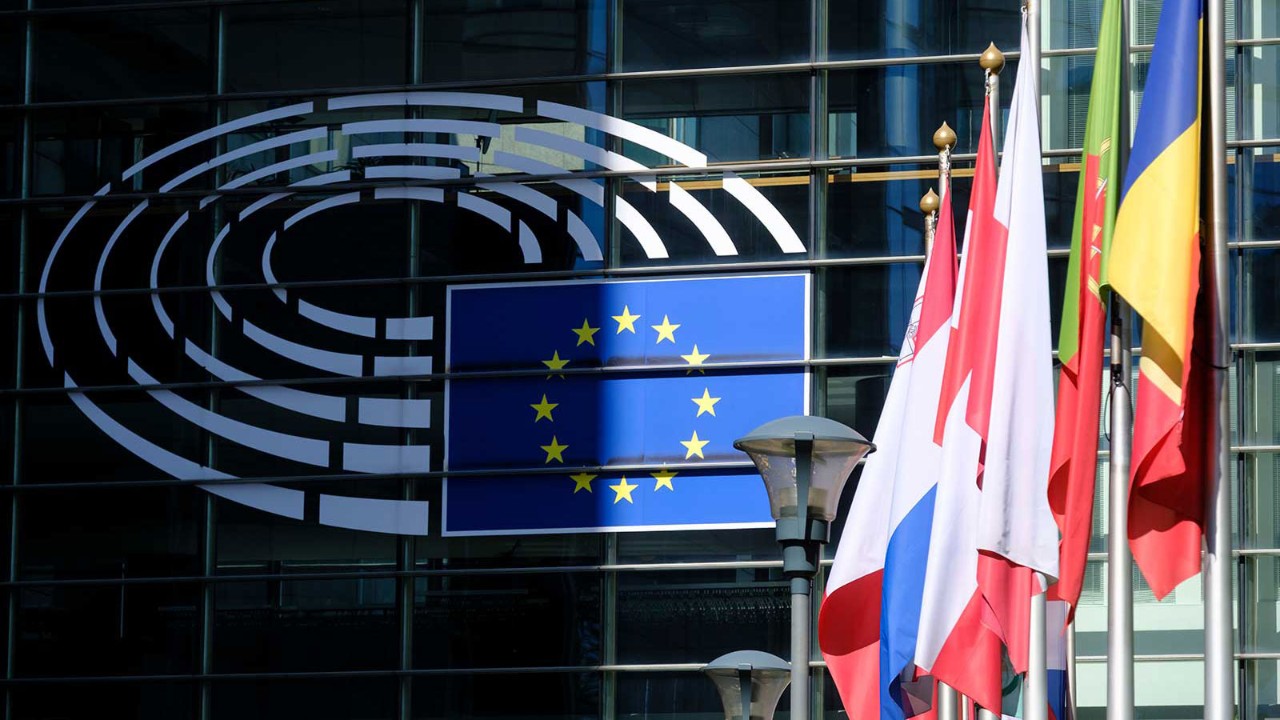
Auditing related parties
IAASA has released a publication that focuses on auditing related parties. This runs through the risk assessment process, the response to those risks, identification of matters requiring specific procedures, written representations and the formation of an opinion in respect of related party matters.
Ethical standards
The Irish Auditing & Accounting Supervisory Authority (IAASA) has published a revised Ethical Standard for Auditors (Ireland), and has also updated its glossary of terms. The effective date of the new standard is for audits of financial statements for periods beginning on or after 15 December 2026. Early adoption is permitted.
The revised version reflects updated legal, regulatory and professional references to stay current with EU and Irish law developments since 2020, and the changes are mainly applicable to listed and PIE (Public Interest Entity) company audits.
The revised ethical standard introduces additional clarity
The new standard introduces additional clarity around prohibited and permissible non-audit services, particularly for PIEs. There have also been changes in independence rules, disclosure to those charged with governance, and changes to fee and litigation guidance. In respect of the PAASE (Provisions Available for the Audit of Small Entities), there has been no real change.
Glanbia plc
IAASA has published a decision about the accounting treatment applied by Glanbia in its 30 December 2023 annual report and financial statements. This decision focused on the identification of cash-generating units (CGUs) by the issuer that, in turn, impacts the level at which a company performs impairment tests.
Goodwill and other intangible assets represented approximately 41% of Glanbia’s total assets at 30 December 2023. The decision discusses the relative importance in determining a CGU based on: brand versus portfolio sales structures, using costs or cash inflows, the internal reporting structures and the sharing of infrastructure.
At issue was whether there were six or just one CGU and the agreed outcome of the analysis was that in future Glanbia would disclose that ‘each of the six businesses/brands constitute separate CGUs’ and ‘should an impairment indicator be identified in the future for any of these six CGUs, these CGUs will be tested for impairment’.
Sustainability reporting
The EU’s Omnibus proposal (OP), in summary, is intended to reduce the scope and reporting requirements for the Corporate Sustainability Reporting Directive (CSRD) and Corporate Sustainability Due Diligence Directive (CSDDD) in response to concerns around cost, overheads and competitiveness. See this AB article for more details.
The European Parliament’s Committee on Legal Affairs (JURI) held an exchange of views on the OP on 23 April. Rapporteur MEP Jörgen Warborn spoke about the need to reduce the regulatory burden, including reducing it further than the OP is proposing.
The Omnibus ‘stop the clock’ amendment has been enacted
The suggestions discussed included increasing the threshold and including a full subsidiary exemption. Although some MEPs suggested abolishing CSRD and CSDDD altogether, there was also support for the core requirement and also some suggestions for increasing the requirements. The JURI Committee draft report on the OP is expected in June 2025.
Meanwhile in Ireland, the Department of Enterprise is preparing to amend Irish law to allow for the ‘stop the clock’ measure, which the European Parliament voted through at the end of March. The stop the clock amendment has been passed and enacted and will allow a postponement for two years of the wave 2 and 3 companies coming within scope of the CSRD requirements. In essence, this means that most large companies will no longer be required to make a sustainability report for 2025.
EU sanctions
In light of the increasingly complex sanctions regime, the EU has set up the EU Sanctions Helpdesk to offer one-to-one assistance for SMEs with questions on any of the EU sanctions. See the EU Sanctions Helpdesk Newsletter – May Edition for its latest updates.


